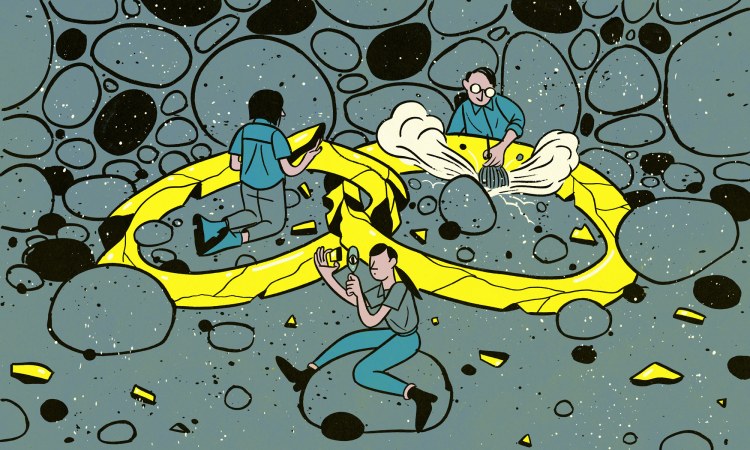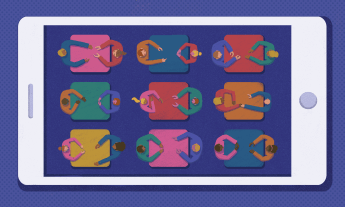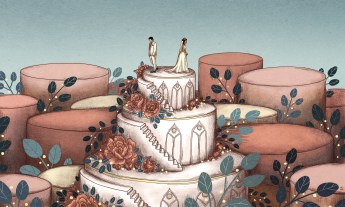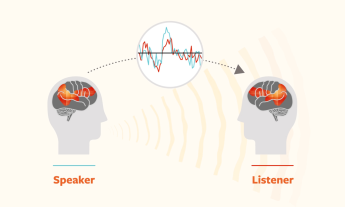
This piece is for anyone who has ever loved.
There is one simple transgression that can rob us of our relationship, our happiness, our very identity. So poorly understood, this act is nonetheless extremely common: an affair.
At this very moment, in all four corners of the world, someone is either betraying or betrayed, thinking about having an affair, listening to someone who is in the throes of one, or the lover who completes the triangle. No aspect of a couple’s life elicits more fear, gossip or fascination than an affair. Adultery has been legislated, debated, politicized and demonized throughout history. Yet it has existed forever.
For most of history, men cheated because they had the sanctioned power to do so with little consequence. The double standard is as old as adultery itself. I doubt King David considered the state of his marriage for even one moment before he seduced Bathsheba.
Now, our cultural bias is to individualize and pathologize sweeping social realities like infidelity. But can we truly explain it — as ubiquitous as it is — as simply a product of individual shortcomings?
I want to introduce a new conversation about affairs: why they happen, what they mean, and what can be done once they are exposed.
“How many of you have been affected by infidelity in your lives?”
I lecture around the world on the subjects of love and sex. When I first became interested in the topic of infidelity, I used to ask audiences if anyone had ever experienced an affair. Not surprisingly, no hands went up. There are not many people who will publicly admit to being unfaithful or being deceived. At one time divorce was freighted with shame; today it’s infidelity that carries the new stigma.
Bearing this in mind, I changed my question to, “How many of you have been affected by infidelity in your lives?” Suddenly, the hands went up en masse. A woman sees a friend’s husband having an intimate conversation with a beautiful woman on the train and wonders whether or not she should tell. A young man describes the infidelity that preceded his parents’ divorce. Another young man was himself the “love child” of his own parents’ affair, and tells of growing up with a set of half-siblings who related to him on a spectrum from envy to resentment. An older gay man is in heavy discussions with his lesbian best friend who suspects her partner may be having an affair with an ex-girlfriend. A pair of long-married parents are refusing to let their daughter’s unfaithful husband attend their 60th anniversary party. And a young fiancé wonders if he’s done the right thing by disinviting one of his groomsmen—a known player—at his bride’s request.
As I listen to these accounts, it confirms for me that an affair is a collective event whose cast of characters includes family, friends, colleagues and neighbors, whose scenes are now staged by the internet, the smart phone, and the dating apps.
“Infidelity is still such a taboo, but we need to create a safe space for productive conversation.”
Affairs have a lot to teach us about relationships — what we expect, what we think we want, and what we feel entitled to. They open the door to a deeper conversation about values, human nature and the fragility of eros, and force us to grapple with some of the most unsettling questions: How do we negotiate the elusive balance between our emotional and our erotic needs? Is possessiveness intrinsic to love or an arcane vestige of patriarchy? Is it really so that what we don’t know doesn’t hurt? How do we learn to trust again? Can love ever be plural?
Infidelity is a window into the complex landscape of relationships and the lines we draw to bind them. As a therapist, my role is to help contain volatile and opposing forces of passion: the lure, the lust, the urgency, the impossibility, the relief, the suspicion, the entrapment, the guilt, the dire consequences, the tragic denouement, the sinfulness, the surveillance, the madness of suspicion and the murderous urge for vengeance.
My work is about generating conversations about all the things we don’t like to talk about, and I have now spent years developing ways to help us all talk in depth about adultery. I work all over the world, I speak nine languages and I am continuously reminded of the multiple cultural and religious nuances that permeate every layer of this experience. My goal is to help people feel less hurt, less angry and more understood. Infidelity is still such a taboo, but we need to create a safe space for productive conversation, where the multiplicity of experiences can be explored with compassion.
It might be uncomfortable, but ultimately that will strengthen relationships by making them more honest and more resilient.
Featured illustration by Hannah K. Lee/TED.











